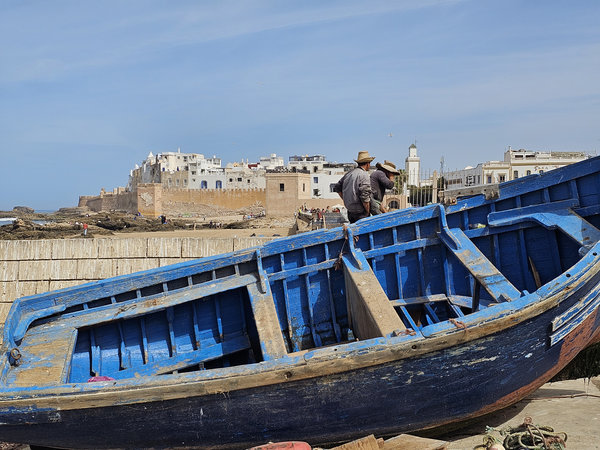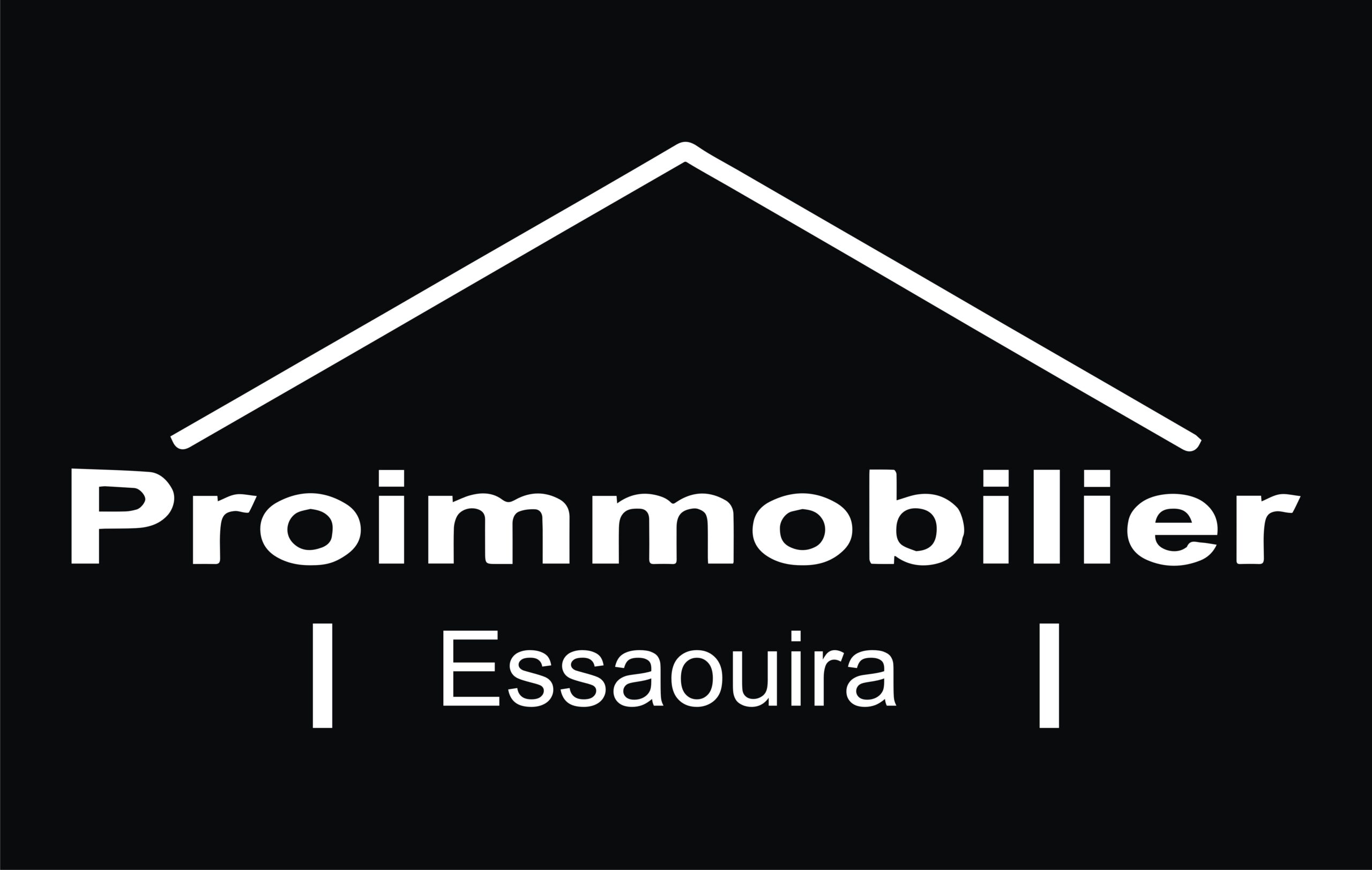
Essaouira, perle de l’Atlantique marocain, attire de plus en plus d’investisseurs et d’expatriés séduits par son charme authentique, son climat doux et son patrimoine culturel. Acheter une maison dans cette ville emblématique est un projet passionnant, mais il nécessite une préparation rigoureuse. Entre les spécificités juridiques marocaines, les aspects financiers, les démarches administratives et les particularités locales, voici tout ce qu’il faut savoir pour concrétiser votre achat en toute sérénité.
Une fois le bien trouvé, l’avoir visité, fait une offre qui a été accepté, vous allez pouvoir passer à l’étape de l’achat chez un notaire. Pour ce faire au Maroc, pour acheter un bien en étant étranger vous n’avez besoin que d’un passeport et de l’argent. Vous ne pouvez acheter que des biens en zone urbaine ou à la campagne si le bien a l’Avna. ( voir article sur l’avna Attestation de Vocation Non Agricole ).
Le notaire va vous faire signer un compromis dans lequel il sera indiqué les conditions de la vente, le prix, l’information urbaine concernant le bien que vous achetez, le montant à verser pour le compromis ( 10 % du prix du bien sera à verser sur le compte séquestre du notaire ) et la date de réalisation de la vente. Il va vérifier avec l agence urbaine et au Cadastre les informations concernant le bien. Lors de son compromis vous devrez régler au notaire le montant
Si vous ne pouvez pas être présent, il est possible de signer auprès du notaire une procuration afin que l’on puisse vous représenter lors de cette signature. Dans tous les cas, le notaire vous envoie le projet de compromis avant afin que vous vérifier vos informations personnelles, et pour que vous donniez votre accord avant la signature.
Le notaire vous fournira le RIB de son compte séquestre à la Caisse des dépots et consignation afin d’effectuer le versement pour la validation du compromis, et pour le versement du solde à payer qui doit être sur le compte du Notaire avant la signature définitive. Compte tenu des délais de virement à l’étranger, il faut compter environ quinze jours pour que le virement soit sur le compte séquestre du Notaire.
Essaouira, the pearl of Morocco’s Atlantic coast, is attracting more and more investors and expatriates seduced by its authentic charm, mild climate and cultural heritage. Buying a house in this iconic city is an exciting project, but it requires careful preparation. Between the specificities of Moroccan law, financial aspects, administrative procedures and local particularities, here is everything you need to know to complete your purchase with complete peace of mind.
Once you have found the property, visited it and made an offer that has been accepted, you can proceed to the purchase stage at a notary’s office. To do this in Morocco, as a foreigner, you only need a passport and money. You can only purchase properties in urban areas or in the countryside if the property has Avna status (see article on Avna, Attestation de Vocation Non Agricole).
The notary will have you sign a preliminary agreement setting out the terms of sale, the price, urban information about the property you are purchasing, the amount to be paid for the preliminary agreement (10% of the price of the property to be paid into the notary’s escrow account) and the date of completion of the sale. The notary will verify the information about the property with the urban agency and the Land Registry. When signing the preliminary agreement, you will need to pay the solicitor the amount
If you are unable to be present, you can sign a power of attorney with the solicitor so that someone else can represent you at the signing. In all cases, the solicitor will send you the draft preliminary agreement in advance so that you can check your personal details and give your approval before signing.
The solicitor will provide you with the bank details of their escrow account at the Caisse des dépôts et consignations (Caisse des dépôts et consignations) in order to make the payment for the validation of the preliminary agreement and for the payment of the balance due, which must be in the solicitor’s account before the final signing. Given the time required for international transfers, it takes approximately fifteen days for the transfer to reach the notary’s escrow account.
